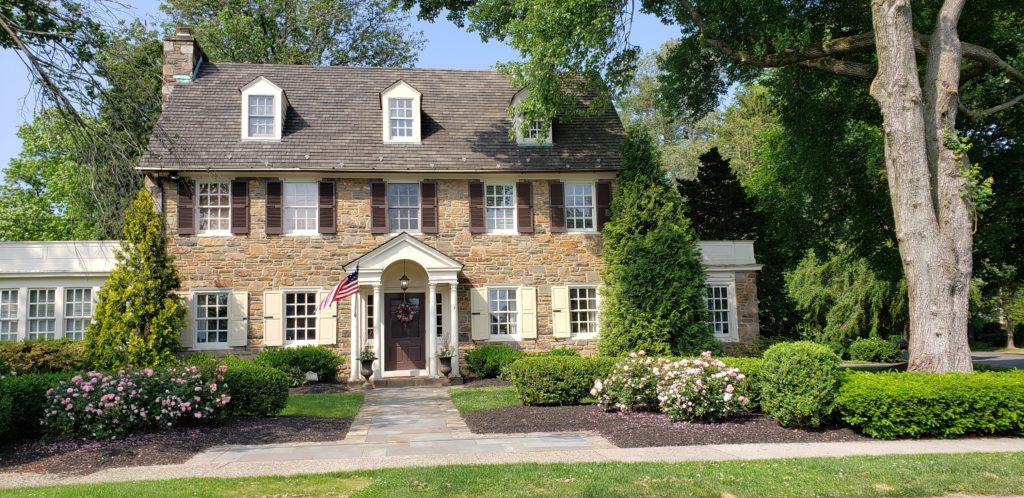An enhanced life estate is an estate planning strategy that can be used to transfer property with the grantor retaining options and control. As with any strategy, enhanced life estates (sometimes called Lady Bird Deeds) have benefits and drawbacks to consider explains First Coast News’ recent article entitled “Deed named for former first lady could be key to planning your estate” .
With an enhanced life estate a Beneficiary inherits the property when the Grantor dies, but until then, the Grantor reserves all rights to the property. That contrasts with a Traditional Life Estate where a property owner can plan for one or more others to inherit their house, but gives up control of the property. In Texas, an enhanced life estate is often used when the homeowner is planning ahead in case they need to apply for Medicaid. Applying for Texas nursing home Medicaid is a tricky process, and should not be done without the guidance of an experienced Elder Law attorney.
An enhanced life estate also bypasses probate, and in that way supersedes a will. It protects property and give its eventual recipient protection from creditors after the death of the owner.
But there are downsides to the enhanced life estate. A big drawback is if you change your mind, you have to now record another deed in the public record to remove it, and every deed that you record creates one thing that could go wrong. However, this can be true of any change made in hope of overriding an earlier estate decision, and enhanced life estates are fairly straightforward.
Typically, the person with a traditional life estate has a lot less control over what happens in the future, including potentially being thwarted by the very person they’re tapping to receive the property at their death. If the grantor changes their mind, or wants to sell the property, they can’t do so without the approval of the beneficiary.
Ask an experienced Elder Law Estate Planning Attorney if an enhanced life estate is right for your situation.
Reference: First Coast News (July 19, 2021) “Deed named for former first lady could be key to planning your estate”




